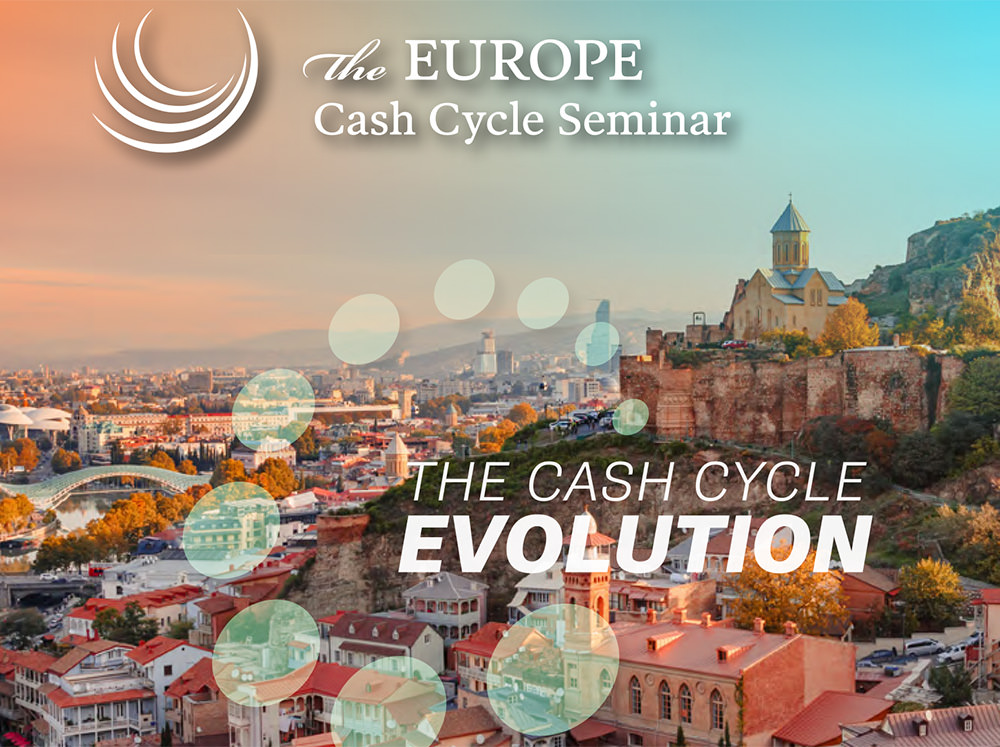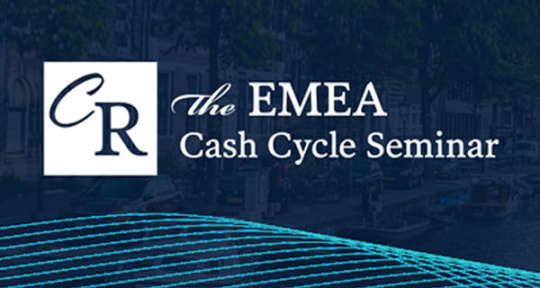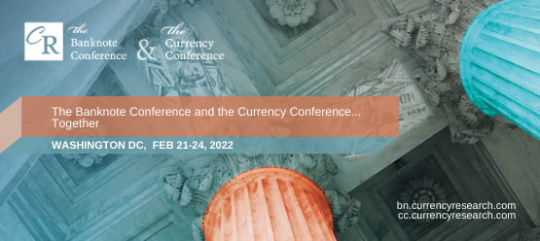
The results of Europe Cash Cycle Seminar held in Tbilisi
04.07.2019The sheer beauty of Tbilisi and the hospitality of the National Bank of Georgia laid the foundation for a productive few days discussing cash use in the Europe/CIS region at the Europe Cash Cycle Seminar, organised by Currency Research (CR) May 13-16 of this year.
The Central Bank Summit was a successful preamble to the main seminar. Hosted by the National Bank of Georgia, 14 banks conducted discussions on the Fight Against Counterfeiting; Quality and Integrity Management of the Banknotes and Coins in Circulation; and the Central BankŌĆÖs Role in Cash Processing, Smart Models, and other Central Bank Experiences. A common theme throughout the discussions was the increasing movement to decentralized cash models.
The decentralized approach to cash distribution became an anchoring theme in the following sessions: Circulating Models, Challenges and Opportunities in the Eastern European Region (panel discussion); Cash Management, Distribution, Cost & Security; and The Changing Role of CITs. Panelists from the Croatian National Bank, Bank of Israel, and Central Bank of the Republic of Turkey weighed beneficial efficiencies vs. the operational and even reputational risk of losing direct control over distribution. Data use for operational efficiencies was the additional theme with G+D Currency Technology, Santander, and BS/2 (whose regions are experiencing cash growth). On the CIT side, an interesting case is Ukraine, where the National BankŌĆÖs rapid decentralization is causing significant transformation and growth in the CIT sector, and neighboring Belarus whose NHTO scheme is moving responsibility to the commercial sector.
Another theme for the seminar was branch transformation, in the efforts to mitigate costs of cash handling while engaging consumers in new ways. Raiffeisenbank, BS/2, and VTB Bank shared their experiences in the morningŌĆÖs last plenary session.
Second half of the day was anchored by a big debate titled Cash in the Digital Payments World, led byCash Services UKŌĆÖs David Fagleman. An interesting line of discussion concerned access to cash. Have consumers led a shift away from cash, or is business driving consumers away from cash to payments ŌĆō and if so, is it fair for retailers to lead consumers in that direction? The 5-year prediction for Eastern Europe is that cash will remain intensive, more so than other regions, but that digital payments will continue to grow well The final session concluded with a stunningly detailed presentation of the environmental impact of the Dutch cash system, down to the electric consumption of cash machines ŌĆō and caused a great deal of discussion for the balance of the event. National Bank of Kazakhstan gave a 3-year performance update on their latest note, while the Royal Mint discussed the environmental advantages of the coin/note boundary, among other features.
The event wrapped with the announcement for the 2020 edition, which will be held in Amsterdam under the aegis of Tom Mitchell, CRŌĆÖs newly appointed MD for Europe. For announcements about the 2020 Europe Cash Cycle Seminar, visit europe.iccos.com.




